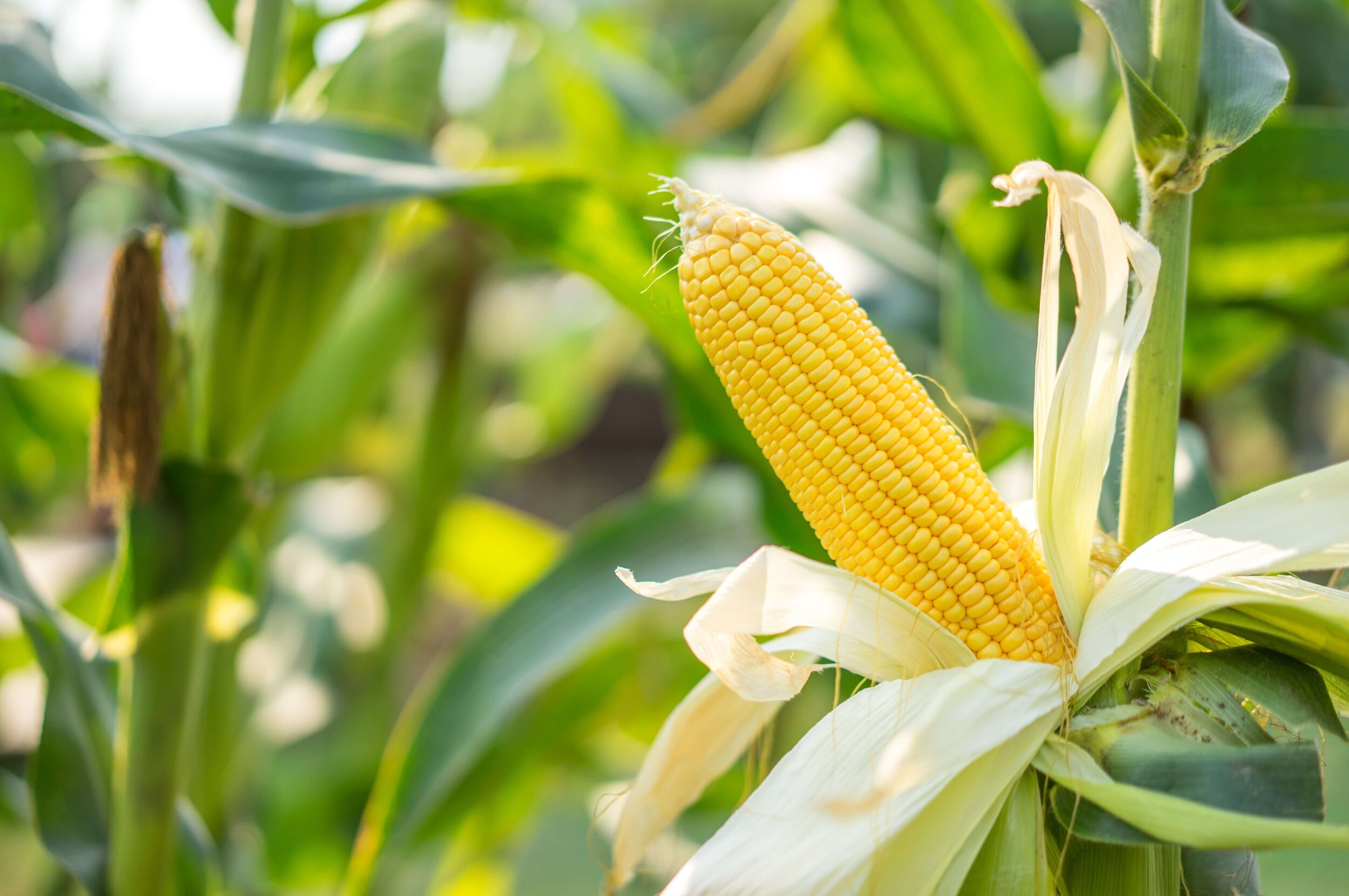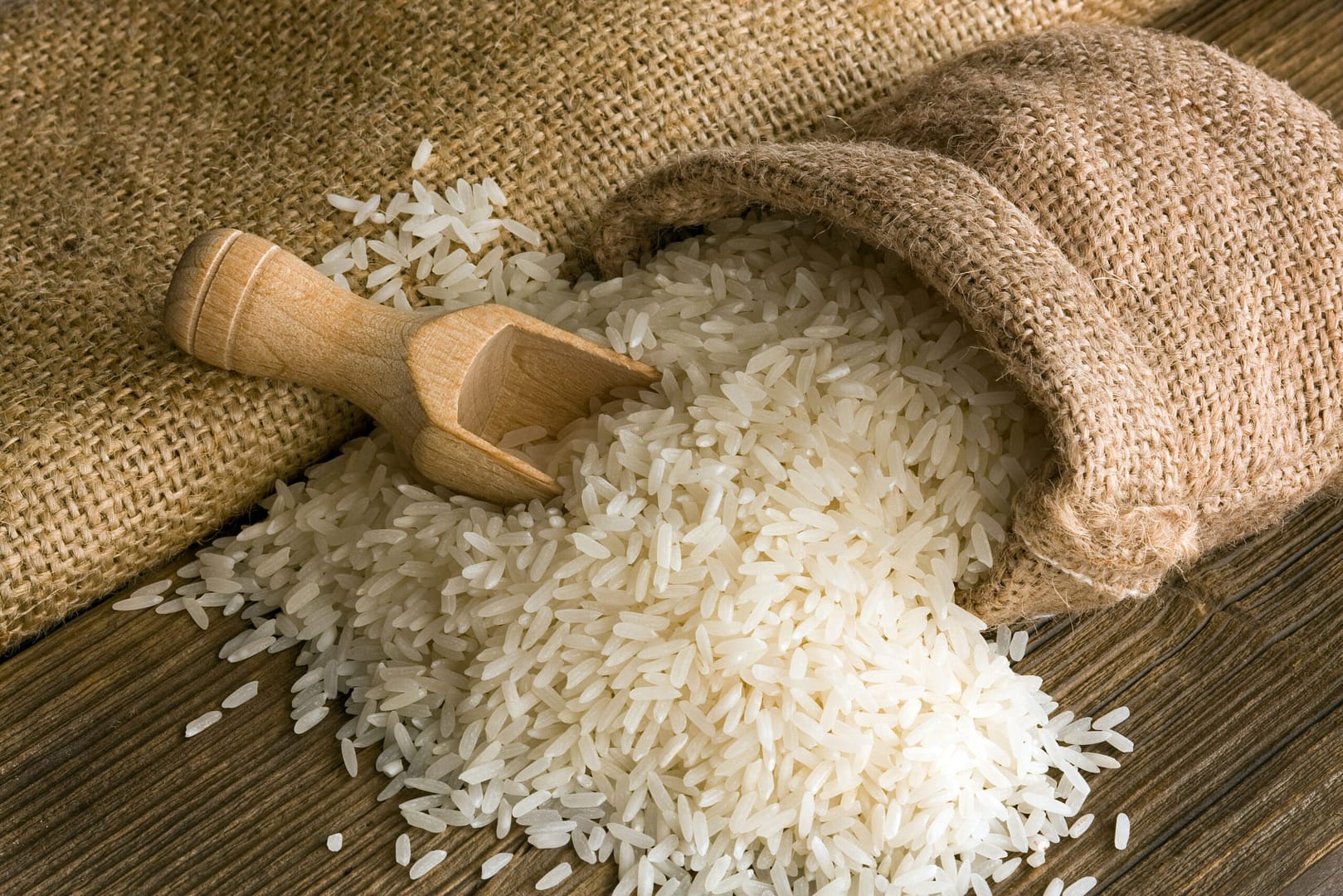The National Agricultural Extension and Research Liaison Services (NAERLS) released its 2024 Wet Season Agricultural Performance report on Friday, highlighting a sharp rise in production costs for key staple crops like maize and rice.


According to NAERLS Executive Director, Prof. Emmanuel Ikani, the cost of producing maize has skyrocketed by 69.7%, increasing from N330,621 per hectare in 2023 to N561,237 in 2024. Similarly, rice production costs surged by 37.8%, rising from N423,400 per hectare in 2023 to N583,505 in 2024.
Ikani expressed concern over the rising costs, stating, “This dramatic increase in production costs will create significant barriers for many families in Nigeria, making it more difficult for them to access these essential food items.”
Read Also: Dangote Group Set to Begin Crude Oil Production in Nigeria
The report attributed the higher costs to an unfavorable agricultural environment, including a significant drop in rainfall across 33 states in 2024, which resulted in a dry spell, crop losses, and increased pest and disease infestations. Flooding in 31 states, particularly in the North-East, compounded these issues, displacing over 641,500 people and damaging thousands of farmlands and homes.
Input costs have also risen sharply. The price of NPK fertilizer jumped by 65.4%, from N25,400 in 2023 to N42,000 in 2024, while the price of urea surged by 84.8% to N41,300. Prof. Ikani noted that farmers were struggling with rising input costs, lower yields, and challenges accessing tractors and mechanized farming tools.
To address these challenges, NAERLS recommended the creation of an agricultural trust fund for emergencies and greater investment in climate-resilient farming practices.
Speaking at the report’s presentation in Abuja, Minister of State for Agriculture and Food Security, Aliyu Abdullahi, stressed the urgent need for improved agricultural mechanization to bolster food security. He urged NAERLS to convene a roundtable with key stakeholders to enhance collaboration in the sector.
The report also revealed positive trends, such as the increased use of improved seed varieties, with 62% of Nigerian farmers now adopting these seeds, compared to just 2.5% in 2023.





